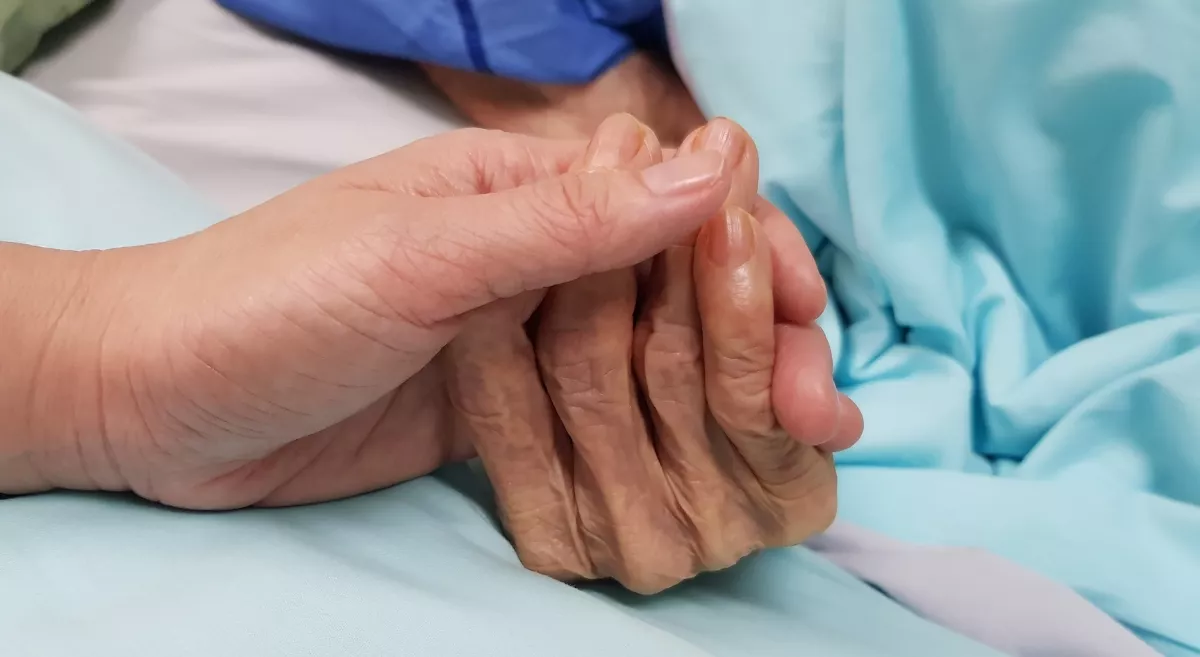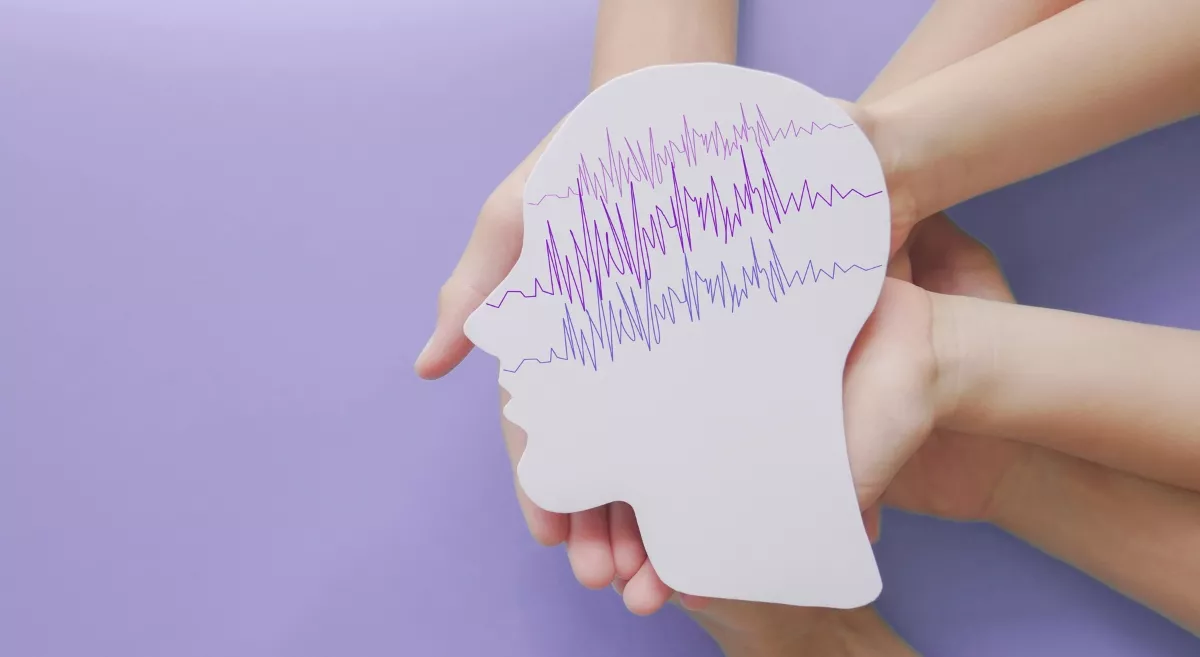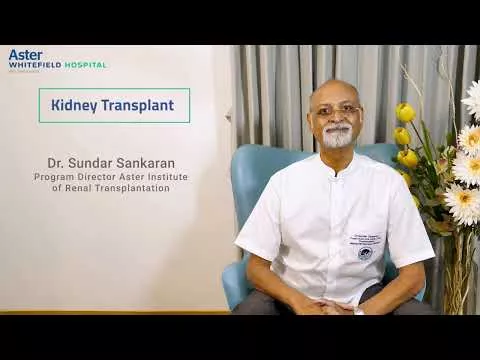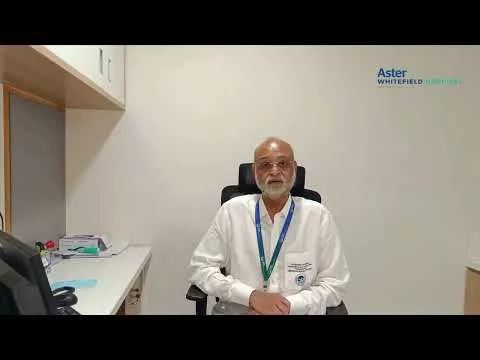This video features Dr. Sundar Sankaran, Program Director at The Aster Institute of Renal Transplantation, discussing the importance of organ donation.
Types of organ donation
Dr. Sundar emphasizes the life-saving potential of organ donation. A single organ donor can save up to eight lives through kidney, liver, heart, lungs, and pancreas transplants. There are two main types of organ donation:
- Living Donation: A healthy person can donate a kidney or part of their liver to a compatible recipient. Living donors can be close relatives (siblings, children, parents) or non-relatives who undergo a thorough medical evaluation and government approval to prevent organ trafficking.
- Deceased Donation: Organs can be donated from brain-dead patients who are on life support but have lost all brain function. This allows them to become heroes by giving the gift of life to others in need.
Myths on organ donation
Dr. Sundar addresses common concerns people have about organ donation. There is no cost to the recipient's family for receiving an organ transplant from a deceased donor. Many religions support organ donation as an act of compassion. Organ donation does not disfigure the body of the deceased donor. Aster Whitefield Hospital has all the necessary facilities and expertise to perform successful kidney transplants and other organ transplants.







